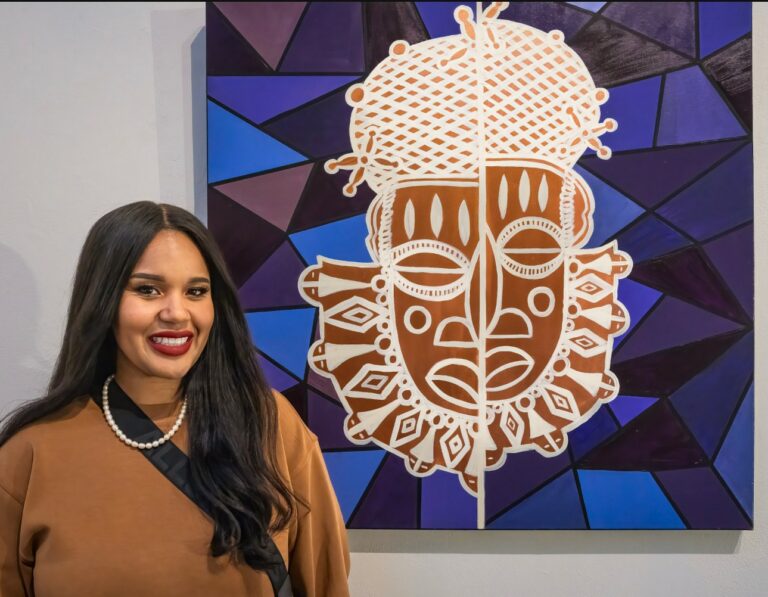Even as there is a growing recognition for the need for representation, there are still many cases where folks will find themselves as the only person in a room representing their particular demographic – and often there is pressure to perform in such contexts to prove competence not just for yourself but for everyone who is like you. The burden and the stress of being the “representer” is real, and so we wanted to create a space where folks can discuss who they go about ensuring they are effective and successful even in contexts where no one else on the team or in the room is like them.
Ayaan

I have learned that no one can represent my story as accurately as I can. The mental health struggles that I’ve had, the racism that I’ve faced, the bullies that have targeted me – no one knows what I’ve been through better than me. So when I am in a room and I am the only one with my experiences or who looks like me, yes, it is often scary but it also feels like an incredible honor because I know that I am not the only one who has been what I’ve been through and I have a responsibility to represent my community with dignity and honor. Read More>>
Justin Konda

I used to look at being the only one in the room that looks like me is a weakness. Along my journey, the more rooms that I got into the more I realized that it’s a strength. It’s my Strength. I know the reason I got here is not because of my looks but because of my merits and value. That gave me confidence. Like that saying goes ” Be so good they can’t ignore you”. Same goes to I was so good, they chose me and get to be in those rooms. Read More>>
Esther Airemionkhale
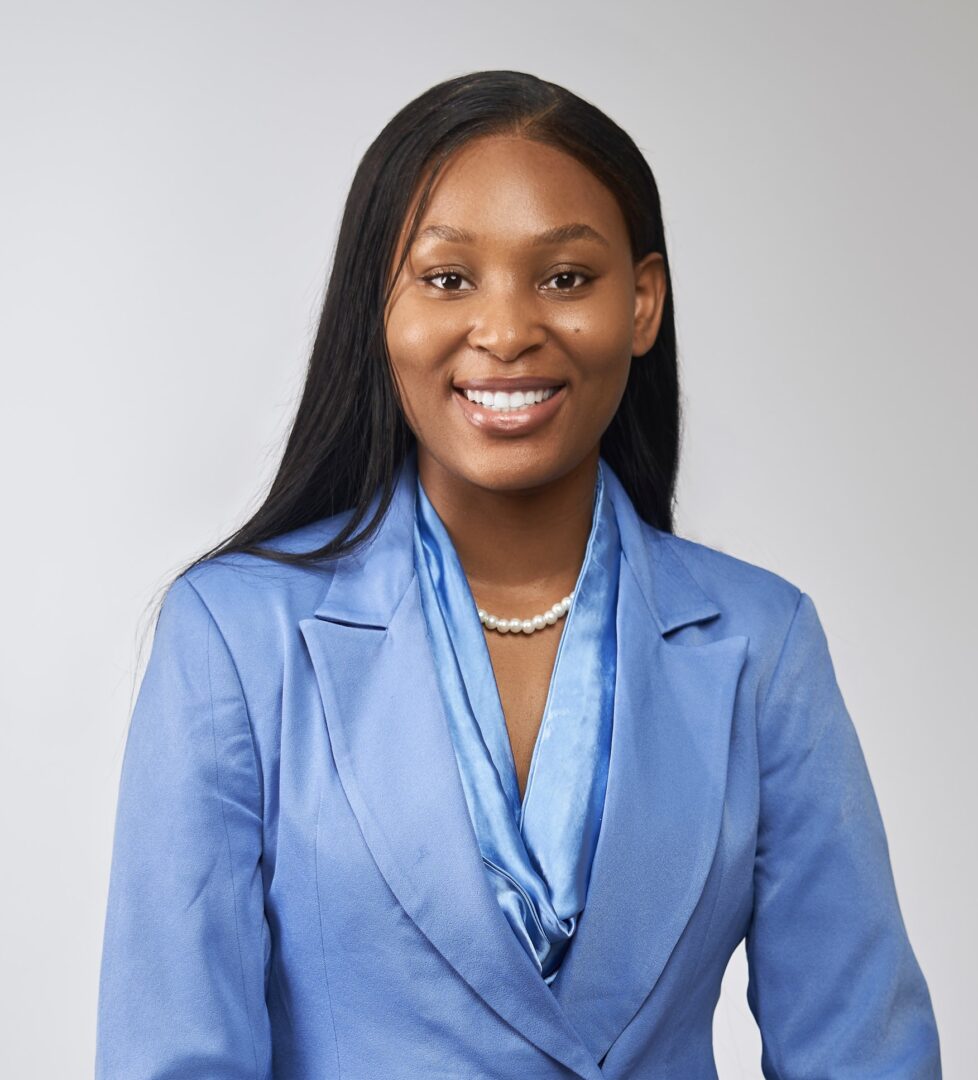
You know what we say, that not even you can stop you from shining? That has always been me. From being the youngest in the room to being the only woman and the only black person, the oddity would almost convince you that you do not belong in the room. However, what I came to understand is that the moments in which I feel like perhaps I do not belong are the most significant opportunities to lead, I believe I have been presented with. I have learned to triumph even as a minority by one core belief: Read More>>
Faye

Being the only one in the room that look like me HAS to be the reason for my strength. It has to be my reason for for doing my best–not just to make my ancestors proud, but to set a good example. Throughout history, so many different types of people have faced hardship for their looks just because they don’t fit into a certain, made-up standard–I cannot abide by that. Cosplayers on Instagram are too rampant with digitally editing their faces–so many hooked noses turned button, and so many other facial features completely alienated from the original. Read More>>
Calvin Romance

I have learned to be comfortable with being set apart. I have adapted to being comfortable with being uncomfortable. When I am the only one in the room, it can feel intimidating, but it is also familiar. I have often been the first in my life: the first artist in my family, the first to go to college, the eldest child. From a young age I learned how to adapt, but in time I realized I was not meant to blend in. I was made to stand out. Read More>>
Ria Patel
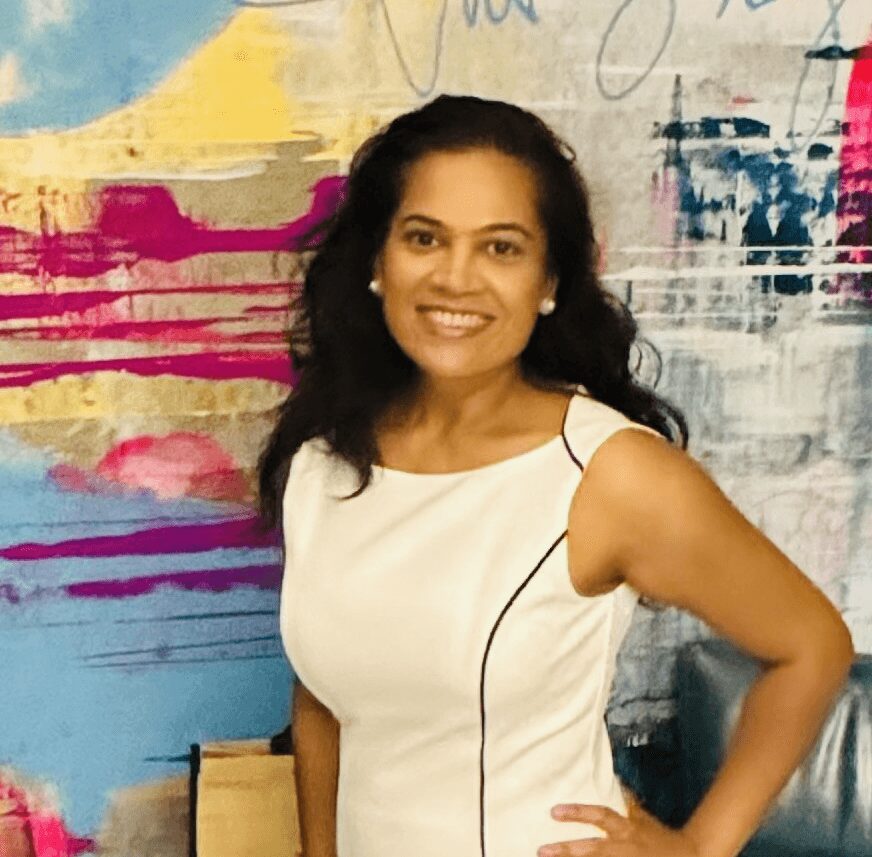
Often being the only one in the room who looks like me has pushed me to find strength in my difference. Early on, I realized that while it could feel isolating, it was also a powerful opportunity to bring a unique perspective, empathy, and add value in ways that others might not see. I’ve learned to approach those moments with preparation, confidence, and authenticity, letting my knowledge and work ethic speak for me while staying true to who I am and where I come from. Read More>>
Amber Simon
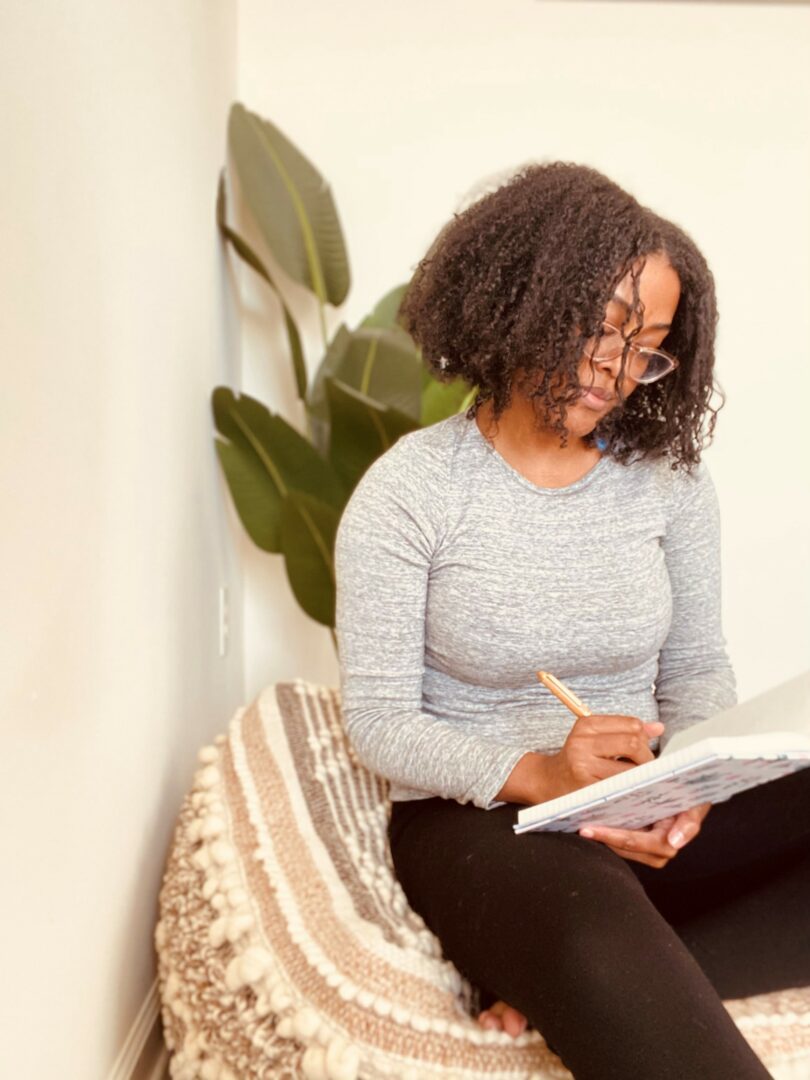
I’ve often been the only Black woman in the room, and at times, that experience can feel isolating. There are moments when speaking up feels daunting and being heard seems uncertain. Writing and creating Dear Society has been a powerful way to navigate that feeling. Through the blog and stationery line, I’ve been able to express my thoughts and ideas freely, which reminds me that my voice matters and that I am not truly alone. Creating a space for underrepresented voices has also shown me that sharing your perspective can resonate far beyond the room you’re in. Read More>>
Amani Murph Wright

I used to be a Registered Investment Advisor and I was very often the only woman in rooms of men. I never had a problem being welcomed because I realized that they had more success than me in the field, so it was better for me to listen rather than fight to be heard.I used to work with Scott Swift, who walked around the office promoting Taylor before she was famous. He didn’t hesitate to give me best practices on how to manage client portfolios. If I had been intent on focusing on our differences I would have missed out on very valuable lessons. Read More>>
Lisa Bartosiewicz

I realized that everyone is unique in their gifts and their offerings. I am unique in that I work with the healing medicines of the Honey Bee. That allows my work to stick out. People remember that I’m the woman who works with bees and they are always intrigued. It helps that the bees are fascinating creatures who do so much on the planet, including healing things that people have tried everything else for. For me, it all comes back to the bees! Read More>>
Melanie Kirby

I’ve learned to be effective by sharing my humanity. We’ve been conditioned to seem emotion-less and to portray ourselves are independent successes, but truth is- we are only effective and successful because of all who have inspired and taught us. By sharing our humanity with one another, we are able to embrace moments of vulnerability, and in those moments, we find each other. We feel less alone. We recognize that we are relatives, that we have experiences that parallel each other, and that resonate with our individual and collective lives. Read More>>
Jesse Aguilar

Being the only one in the room is something I’ve experienced many times—both during my military service and now as a student veteran and entrepreneur. Whether it was walking into a classroom full of civilians who didn’t understand military life, entering meetings with business partners as a young veteran, or advocating for underserved communities through Operation Nourish, I often found myself as the only person with my experiences and perspective. Read More>>
Janet Fichter

I am who I have always been
Little girl dancing in the wind
Carried away by singing words
When no one else is watching. Read More>>
Ashlie Kègo
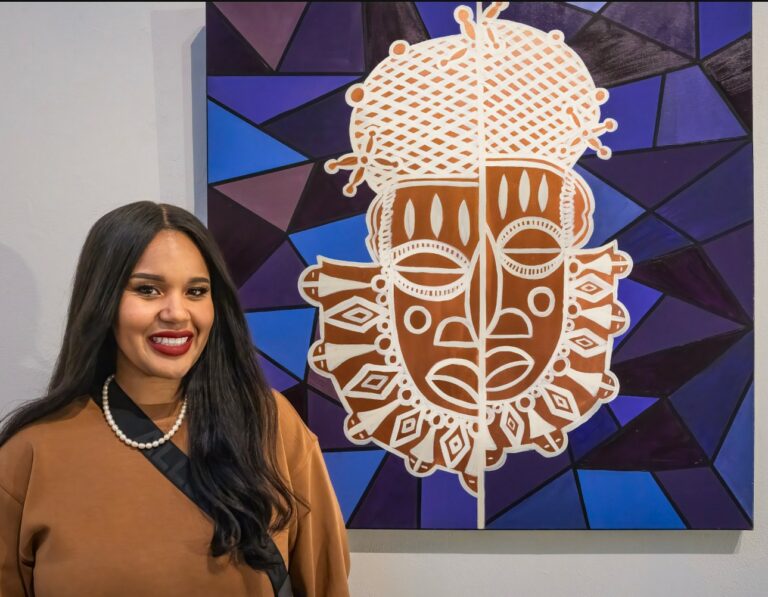
Being the only one in the room has taught me resilience and pride. I remember standing in a gallery as the only Black woman artist featured surrounded by people who didn’t look like me, but who were seeing my work for the first time. In that moment, I felt both the weight of expectation and the power of representation. Read More>>
Andra Harris

Being a Black woman in the culinary field, I have often been the only one in the room who looks like me. Early in my career, I felt the weight of needing to constantly prove myself, not just through my talent, but through excellence in every detail. That sense of having to work twice as hard could have been discouraging, but instead it pushed me to develop a work ethic rooted in pride, precision, and consistency. Read More>>
Dr. A. Louise

“Being the only one in the room—whether as a woman, a person of color, or both—has been both a challenge and an opportunity for growth. Over time, I’ve learned to channel this unique position into a source of strength and effectiveness by focusing on three key principles: authenticity, preparation, and advocacy. Read More>>
YVETTE MARIE

I think it comes down to authenticity. The more you are yourself the better you will set yourself apart. I think this world is filled with copies and duplicates, but authenticity is where the truth lies. Don’t be afraid to be YOU. Read More>>
Makayla Boyd
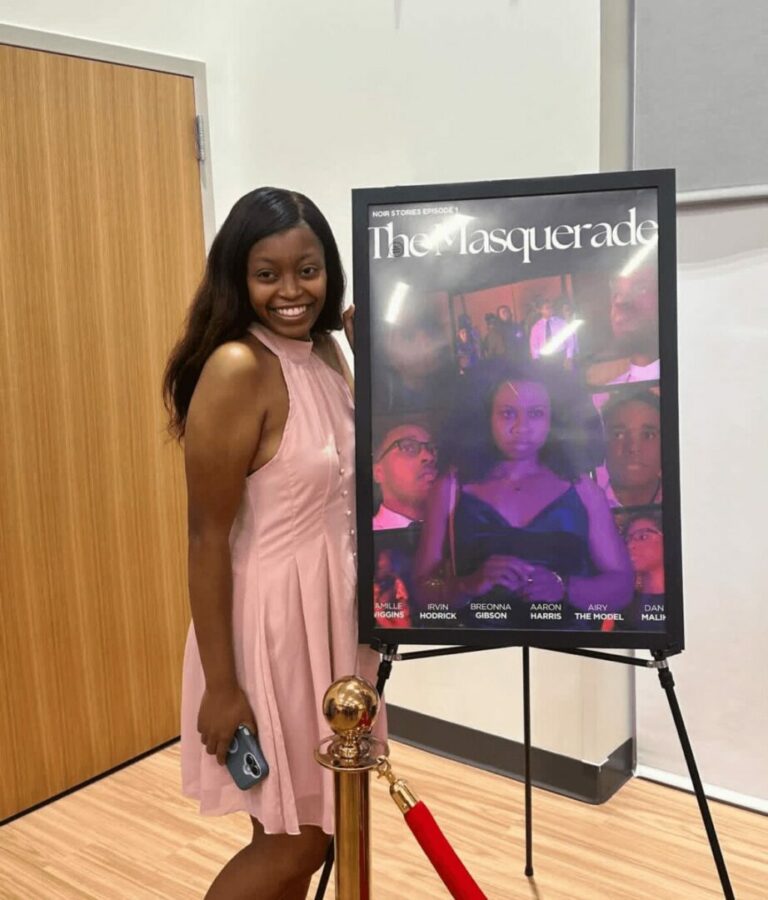
When I went to college, the Black population was only about 8%, and in my major there were only four of us in my year. So I had to get used to being the only one in the room—or one of very few—very quickly. What helped me succeed was first believing in myself and trusting that my perspective had value. I let my work speak for me, but I also learned how to adapt, advocate for myself, and stay resilient in spaces where I didn’t always feel represented. Read More>>
Carmen Cortez Ortega

It’s still very intimidating when I find myself in those situations. As I get older, I’ve become more aware of who is in the room and most of the time, I’m the only one from a Mexican background. In the past, I would try to avoid those situations, but now, being in healthcare and on social media, I’ve realized how important it is for others to see me in those spaces. It has become less about discomfort and more about accomplishment being that person who represents my community and shares my knowledge and experiences. Read More>>
Rodolfo Alvarado

For me, being “the only one in the room” has always carried a layered meaning. On the surface, yes, it meant being the only Latino, the only Mexican American, the only person who looked like me in academic or artistic spaces. But underneath that was something more complicated—I often felt more uncomfortable in a room full of people who did look like me, because my Spanish was limited. That’s not something I chose. My mother, with the best intentions, stripped Spanish and much of our cultural expression from me when I was young. Read More>>
Justin Giordani
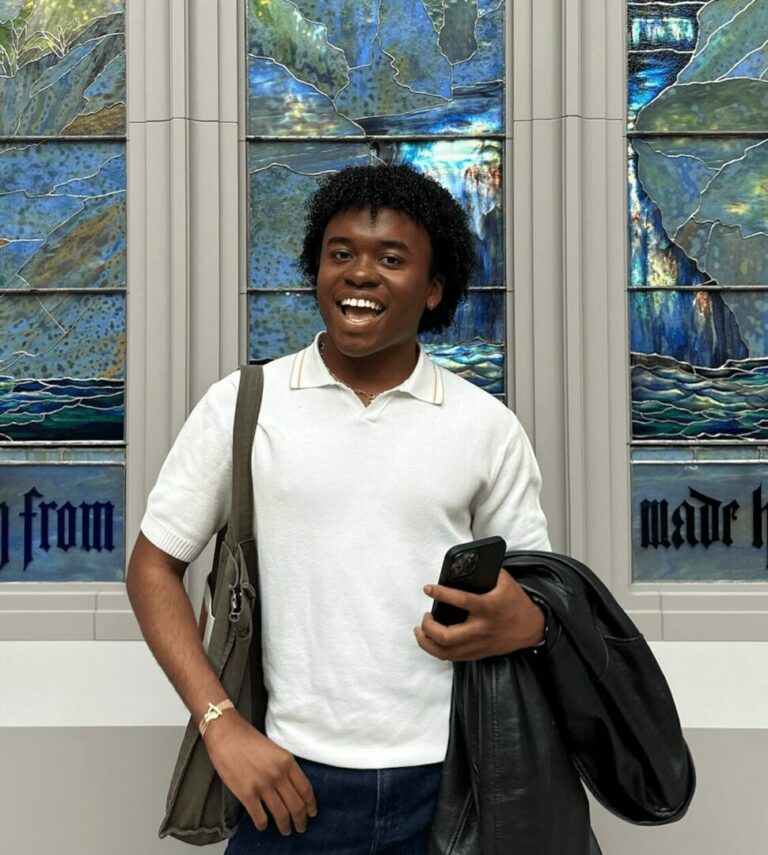
Growing up, I didn’t see many young, suburban gay Black men like myself have much representation in the media or in my everyday life. That lack of visibility has honestly become a source of motivation for my content creator journey. I’ve learned that the best way to be effective in any room—especially when I might be the only one who looks like me—is to lead with passion and authenticity. Read More>>
Emerald Smith
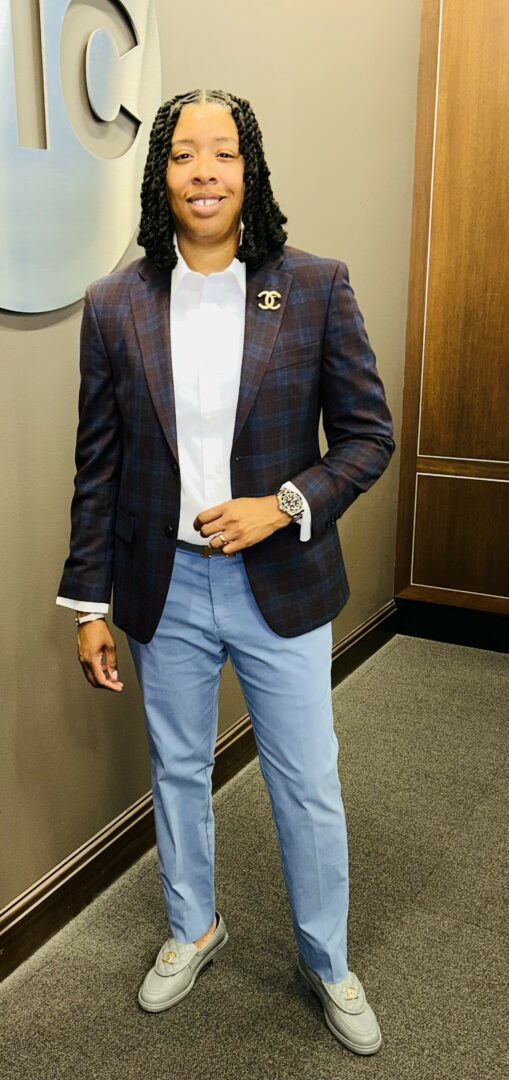
Being the only one in the room can feel isolating at first, but I learned to treat it as both a responsibility and an opportunity. I focused on three things. First, preparation, because credibility opens doors faster than anything else. Second, authenticity, if I’m the only one who looks like me, that means I bring perspectives no one else can. I lean into that instead of shrinking from it. Third, relationship-building, connecting with people as individuals breaks down assumptions and helps them see me as a trusted peer. Read More>>
Stacy Rumble

I think this is such an interesting question. Maybe it’s because I just had my 40th birthday, or maybe it’s because I’ve always been so curious and interested in knowing other people’s stories, but I’ve thought a lot recently about how different every single person is. Even within a single field of study, life experiences, group of friends, or in my case a creative outlet, there are so many things that play into each individual’s outlook and vision in any given thing; making any given item, job, story, drive, idea such an innate expression of that person. It’s wild to me. Read More>>
Carline Hooker
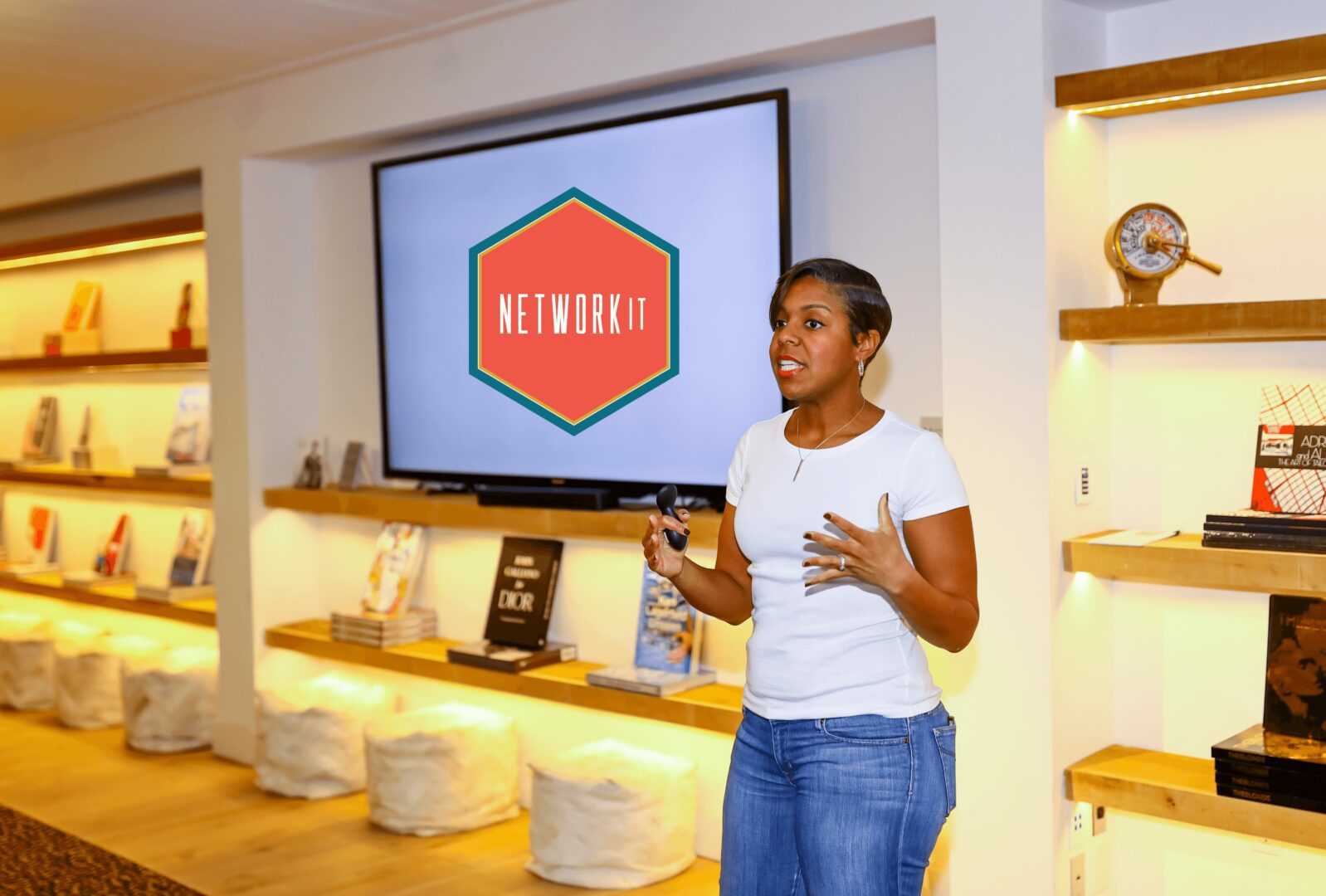
I’ve always been an extrovert–but the kind that enjoys entertaining–not the kind who enjoys talking to random strangers. My senior year of college, I stumbled into the world of advertising sales, finding comfort in sales support roles. (Also important to note–I was terrified of rejection, and saw sales as the scariest profession, ever.) Read More>>
Roberto Meza

Being the only one in the room that looked like me was never unfamiliar—it happened in classrooms, in boardrooms, and in industries I stepped into for the first time. At first, it felt like I had to prove that I belonged. But over time, I realized something important: I wasn’t just trying to fit in. I was there to stand out. Read More>>
KaLia Bernstein

I work hard to remind myself that I can do anything I set my mind to and that even though my journey or background may look different than that of those around me, it doesn’t limit me from achieving what I want in life. Read More>>
Rebecka Jean-Baptiste
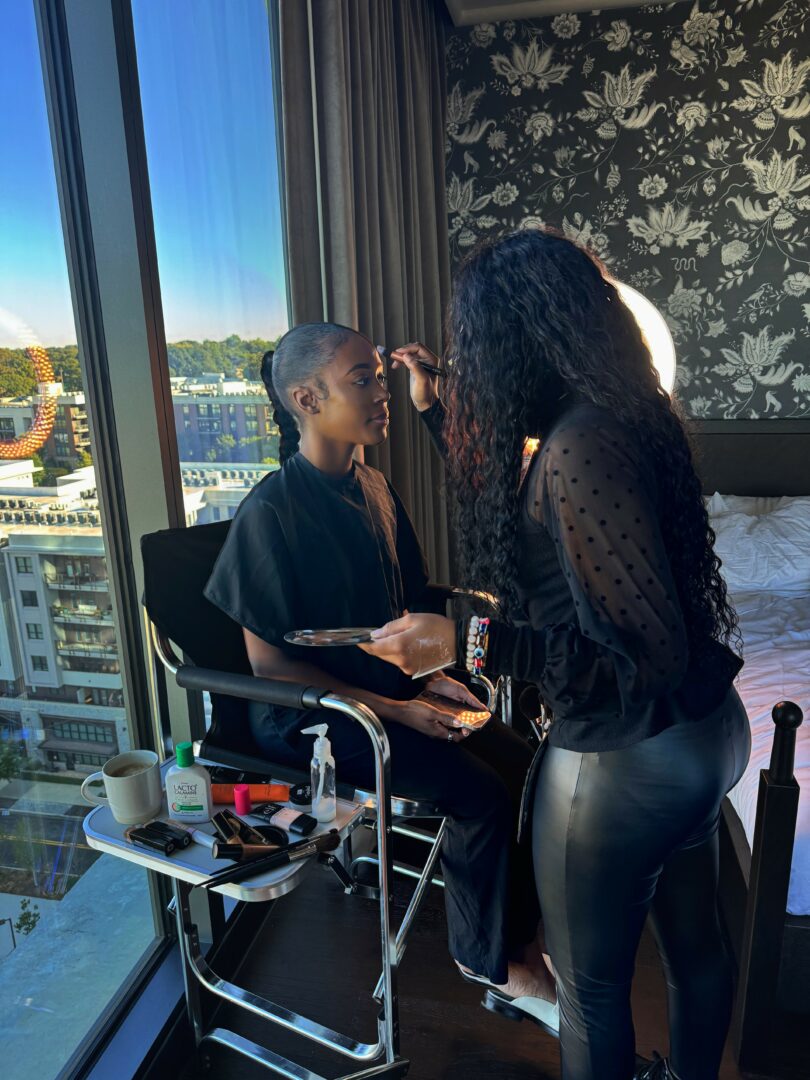
Navigating the beauty industry, spiritual spaces, and entrepreneurial life, I’ve often found myself as “the only one in the room.” Whether it was bridal glam in luxury spaces, working with clients, or collaboration meetings where no one shared my story — I learned early on that presence isn’t about blending in. It’s about belonging to myself first. Read More>>
Ahaji Ahaji
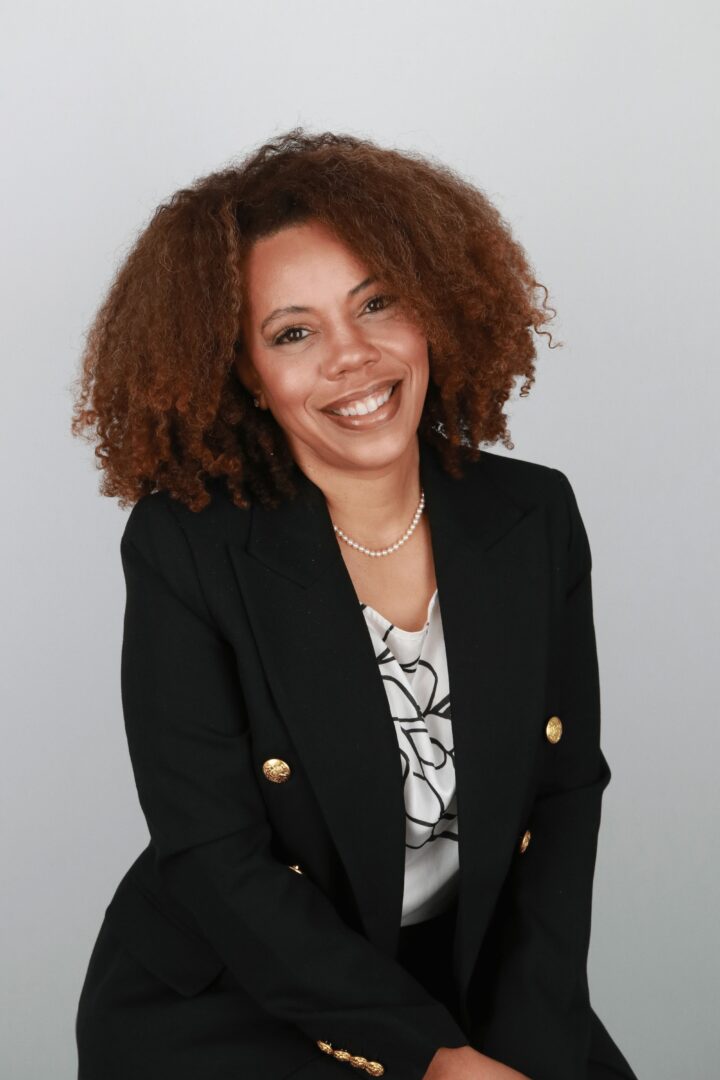
I only notice that I’m the only one in the room when someone points it out to me. I have never entered a space thinking that I didn’t belong or had nothing to contribute. I assume that I’m in the room because I have something valuable to contribute and act accordingly. Read More>>

